Gay marriage referendum: Ireland goes to the polls in historic vote
The socially conservative nation looks set to become the first country to legalise gay marriage by referendum
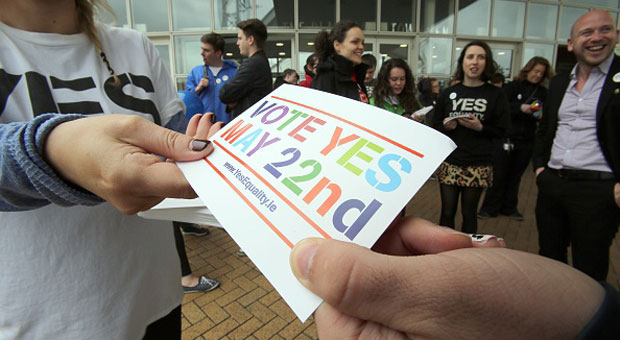
A free daily email with the biggest news stories of the day – and the best features from TheWeek.com
You are now subscribed
Your newsletter sign-up was successful
Ireland has begun voting in an historic referendum on gay marriage, with young voters turning out in record numbers.
Voters will be asked whether the constitution should be amended to extend civil marriage rights to couples regardless of their gender. If Ireland votes 'Yes', it will become the first country to legalise same-sex unions by popular vote.
Although polls indicate that the majority of voters support marriage equality, the 'No' campaign has gained ground in recent weeks and the outcome is still uncertain. The final results of the referendum are not expected until Saturday afternoon.
The Week
Escape your echo chamber. Get the facts behind the news, plus analysis from multiple perspectives.

Sign up for The Week's Free Newsletters
From our morning news briefing to a weekly Good News Newsletter, get the best of The Week delivered directly to your inbox.
From our morning news briefing to a weekly Good News Newsletter, get the best of The Week delivered directly to your inbox.
Ireland's Prime Minister Enda Kenny made a final plea for a Yes vote as campaigning closed. "There is nothing to fear for voting for love and equality," he said.
The Yes campaign has received cross-party support and been endorsed by big businesses and celebrities, but it has faced strong opposition from the Catholic Church. The campaign has revealed a significant gap between young and old voters, as well as surprise divisions and alliances within the Church.
Background
The socially conservative country has historically lagged behind the UK when it comes to enshrining LGBT and women's rights in law. Ireland was one of the last western democracies to decriminalise sex between gay men in 1993, access to abortion remains limited, and a 1995 referendum only approved divorce by a small margin of 50.3 per cent, In neighbouring Northern Ireland, parliament once again voted to deny gay couples the right to marry last month, drawing condemnation from human rights groups.
A free daily email with the biggest news stories of the day – and the best features from TheWeek.com
Yes campaign
All of the country's main political parties, including Labour and Sinn Féin, have united in calling on the nation to vote Yes this Friday. "Gay marriage is becoming more and more an emblem of a modern society, and Ireland is moving into that era," Katherine Zappone, a member of the Irish senate and prominent Yes campaigner told the Financial Times.
The Yes campaign has been led by a younger generation of voters who have mobilised in their fight for equality. "We're such an active generation when it comes to protest and getting our voice heard," fashion blogger Leanne Woodfall told Sky News. "It feels amazing to be part of history."
One of Ireland's most famous nuns has defied the church and come out in support of marriage equality. "I have thought a lot about this," said Sister Stan. "I am going to vote yes in recognition of the gay community as full members of society. They should have an entitlement to marry. It is a civil right and a human right."
No campaign
With less than a week to go until the nation votes, the sleeping No vote in the referendum campaign "is waking up," with many arguing that polls have underestimated the support for the No campaign, says the Irish Times.
The Catholic Church has been at the forefront of the campaign, last week publishing an open letter warning that the vote could "profoundly change the understanding of marriage and parenthood," reports Channel 4 news. While it acknowledges that gay people should be treated with respect and dignity, the Church finds "no grounds for considering homosexual unions to be in any way similar or even remotely analogous to God's plan for marriage and family."
Bishops have found allies among the tens of thousands of conservative Christian and Muslim migrants from Africa and Eastern Europe, who "could help swing the vote in favour of no," says The Guardian. Adewale Kuyebi, a Nigerian-born pastor from the Christ Apostolic church in Dublin said he was confident everyone in his congregation would vote no. "We don't need to tell them what to do because they already know that it is against the scriptures to allow for same-sex marriages."
What a Yes vote would mean
Irish Prime Minister Enda Kenny has made it clear that the outcome would not affect religious freedoms, as churches would not be forced to perform same-sex weddings. What it will allow, is for same-sex couples to enjoy the same legal protections afforded to heterosexual couples.
"If Ireland votes Yes, it will be about much more than marriage," argued Ursula Halligan, political editor of TV3, who came out in a candid article in the Irish Times last week. "It will end institutional homophobia. It will say to gay people that they belong, that it's safe to surface and live fully human, loving lives."
-
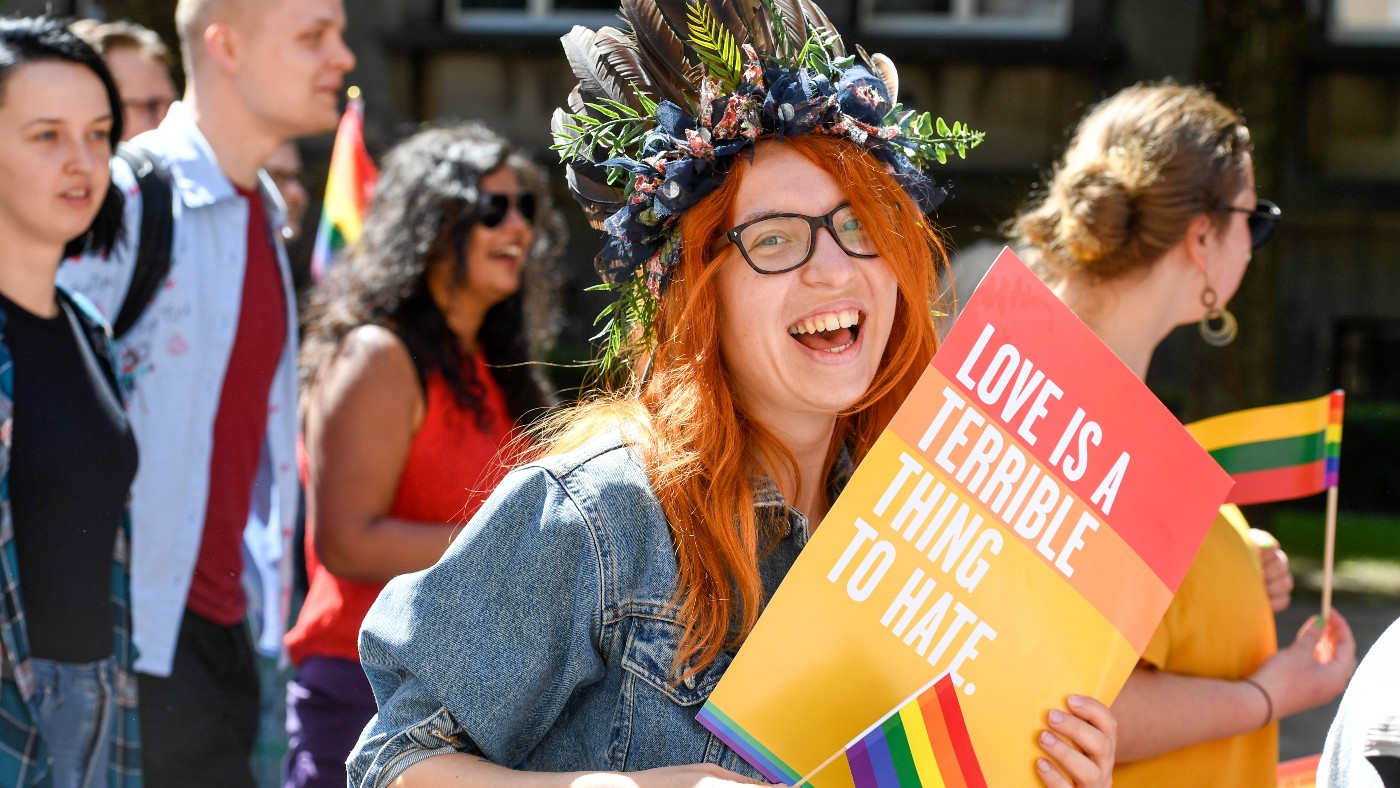 The power of Estonia’s same-sex marriage law
The power of Estonia’s same-sex marriage lawfeature LGBTQ people hope the country will set an example for other European nations
-
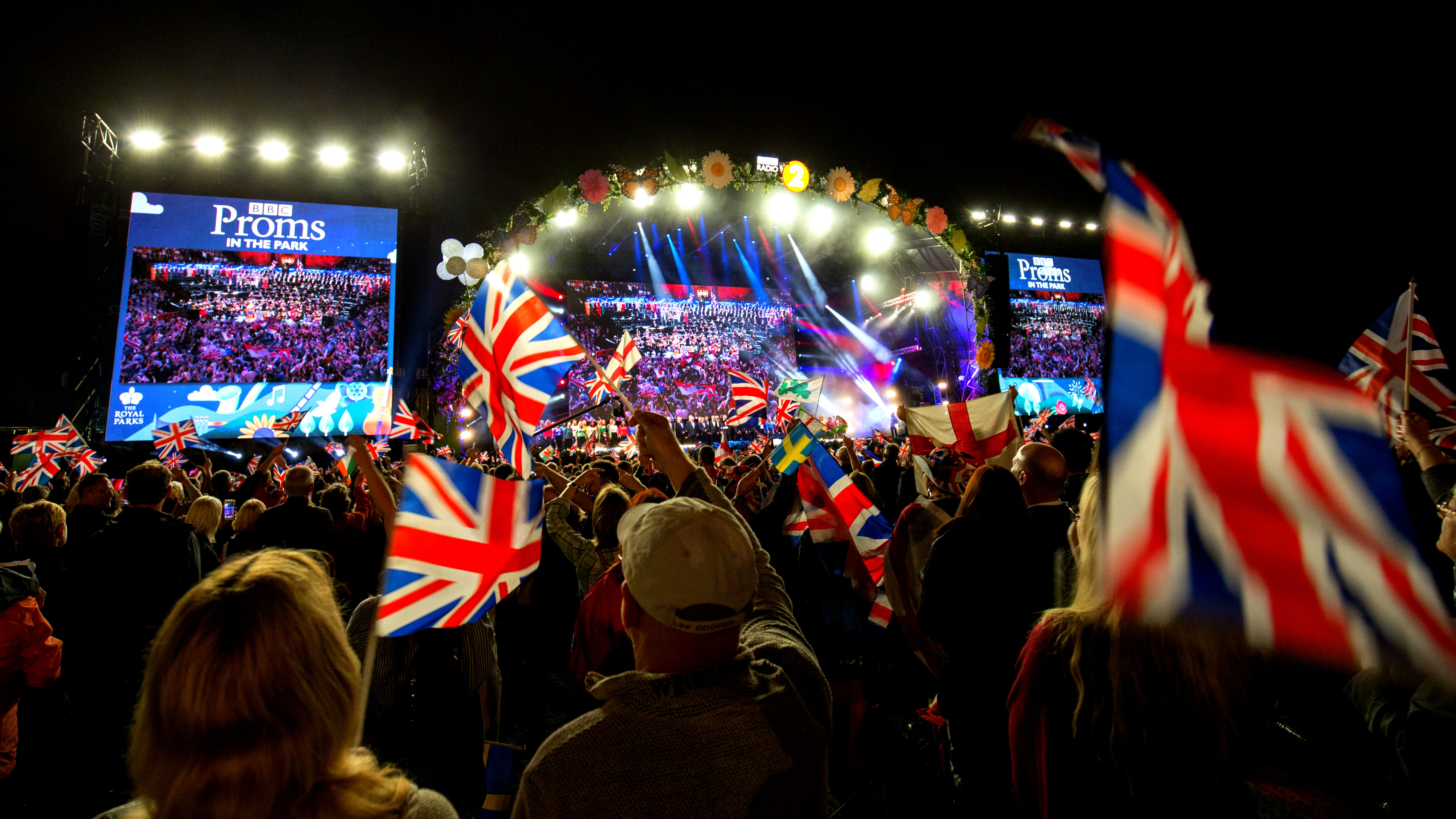 The Week Unwrapped: Kibbutzniks, quitters and patriotism
The Week Unwrapped: Kibbutzniks, quitters and patriotismpodcast What does a row about a kibbutz say about modern Israel? Are record numbers of people about to give up their jobs? And why can’t we work out how to celebrate Britishness?
-
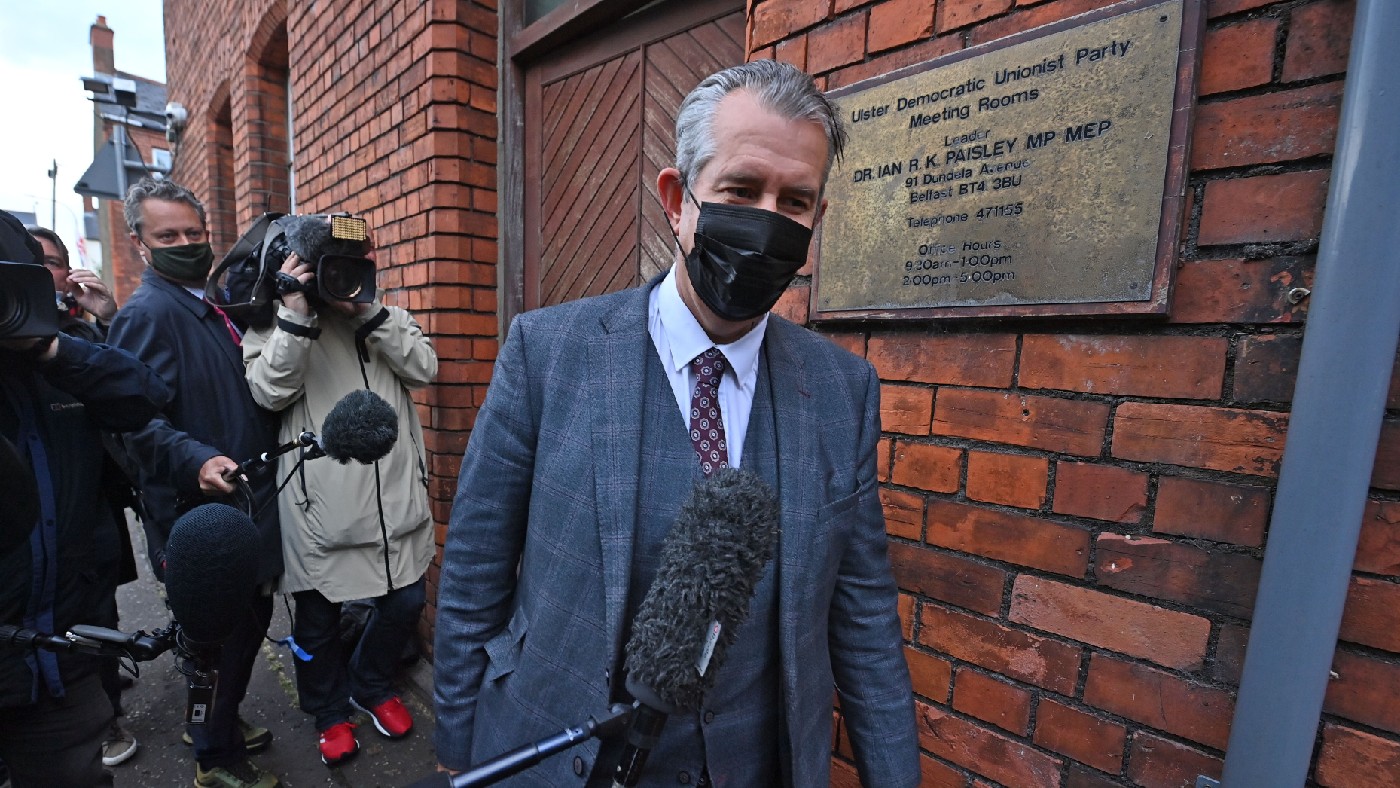 ‘Riding high in May, shot down in June’: the DUP implosion explained
‘Riding high in May, shot down in June’: the DUP implosion explainedSpeed Read The rule of Edwin Poots is now history, after only 21 days, following a revolt by the Democratic Unionist Party’s Assembly members and MPs
-
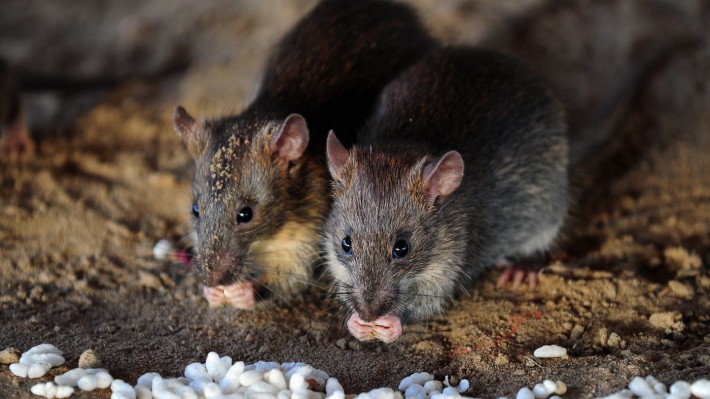 The Week Unwrapped: Ethiopia, passwords and a plague of mice
The Week Unwrapped: Ethiopia, passwords and a plague of micepodcast Is the Ethiopian PM a hero or villain? Should the police have power over our passwords? And why are mice multiplying like rabbits in Australia?
-
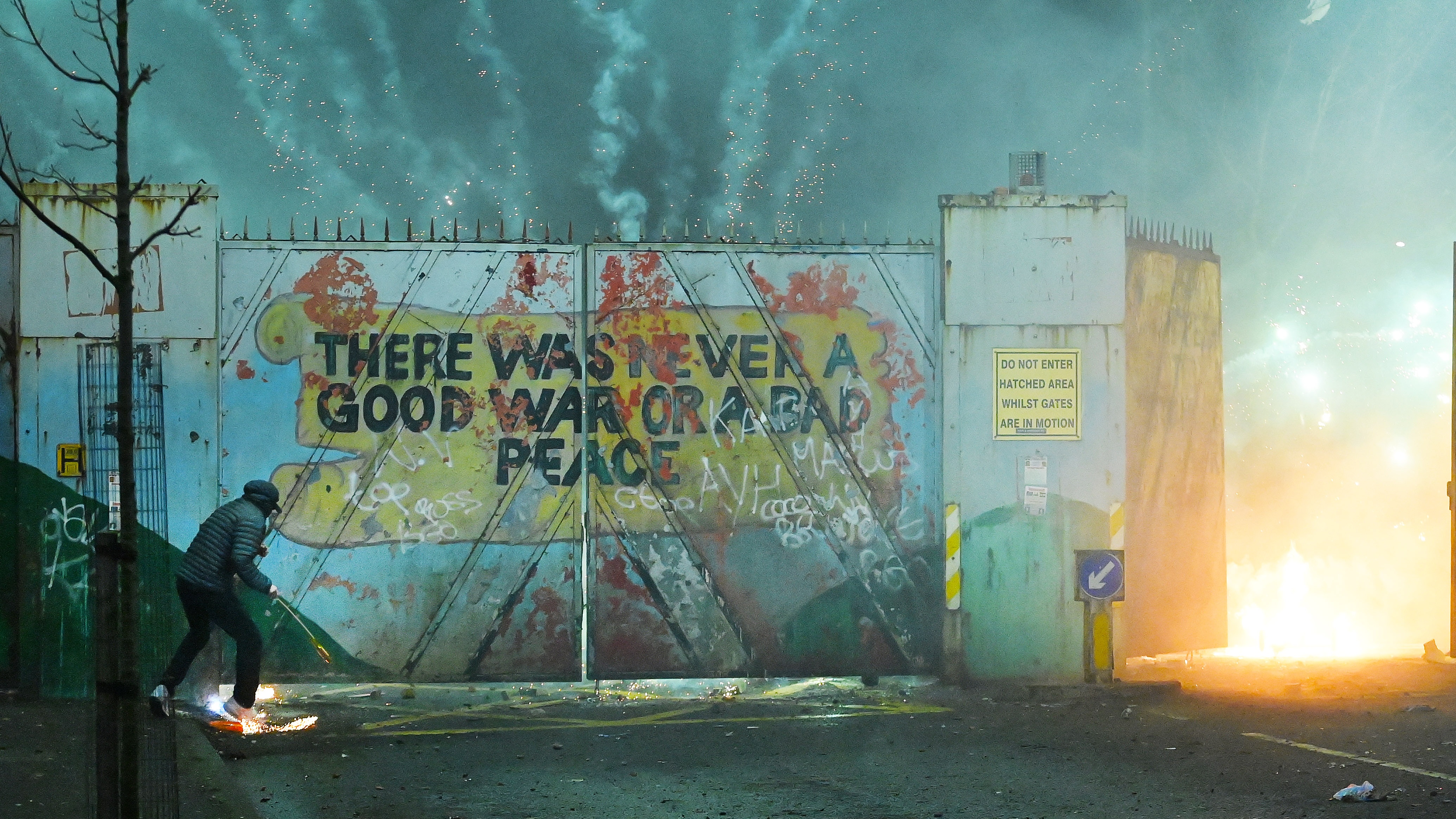 A history of the peace walls in Belfast
A history of the peace walls in Belfastfeature More than 60 remain throughout Northern Ireland
-
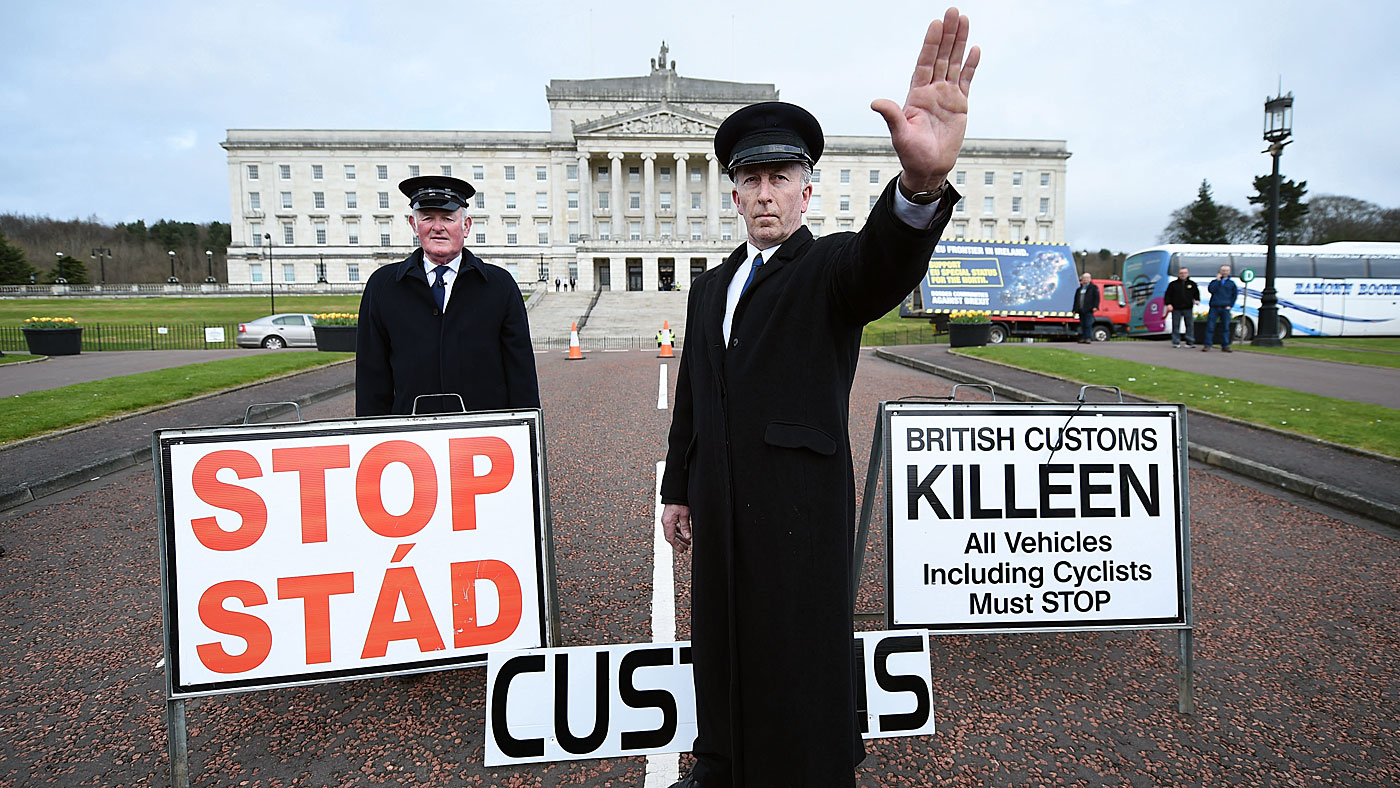 The Week Unwrapped: Ireland, Wombo and laser vision
The Week Unwrapped: Ireland, Wombo and laser visionpodcast Is the Good Friday Agreement unravelling? How much of a threat are AI deepfakes? And can we really now see round corners?
-
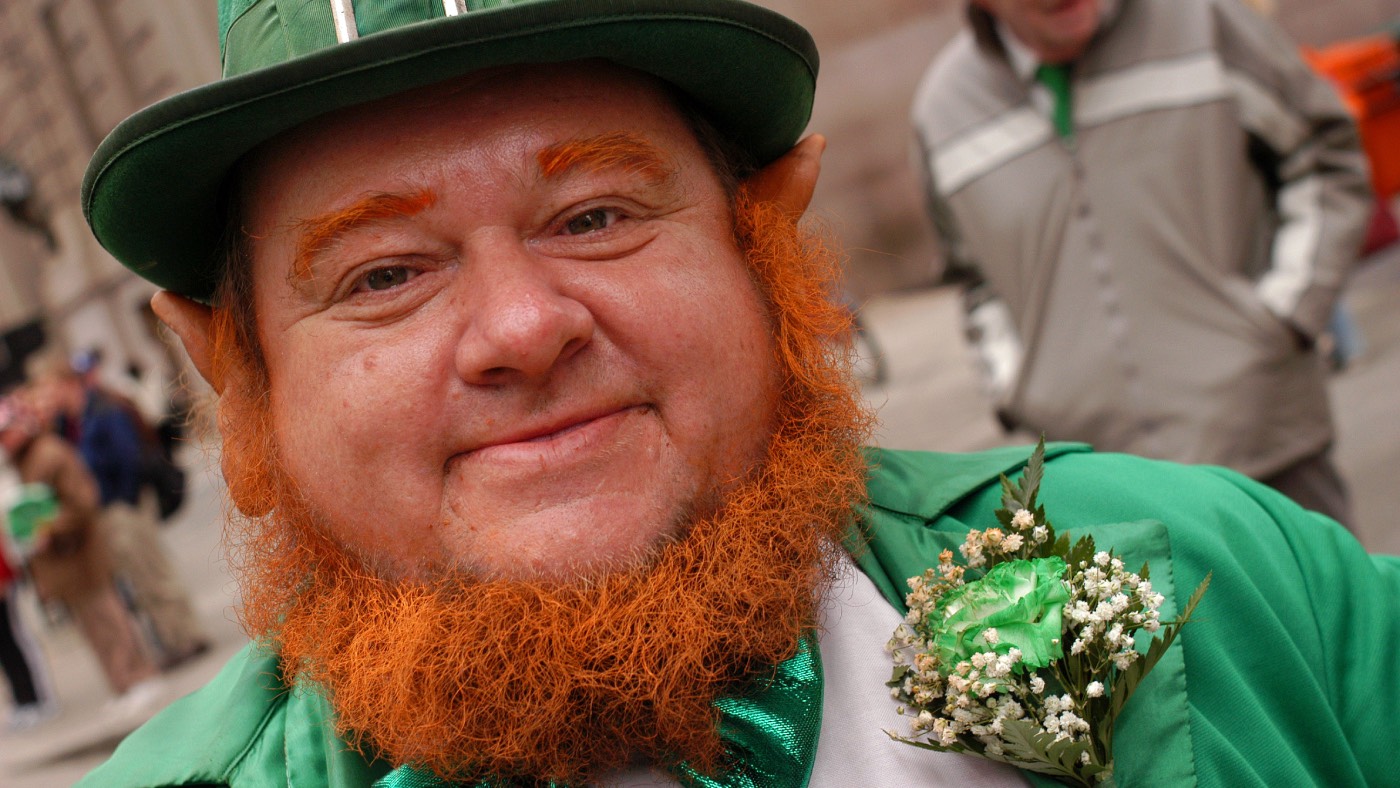 Did leprechauns come from Italy?
Did leprechauns come from Italy?Speed Read And other stories from the stranger side of life
-
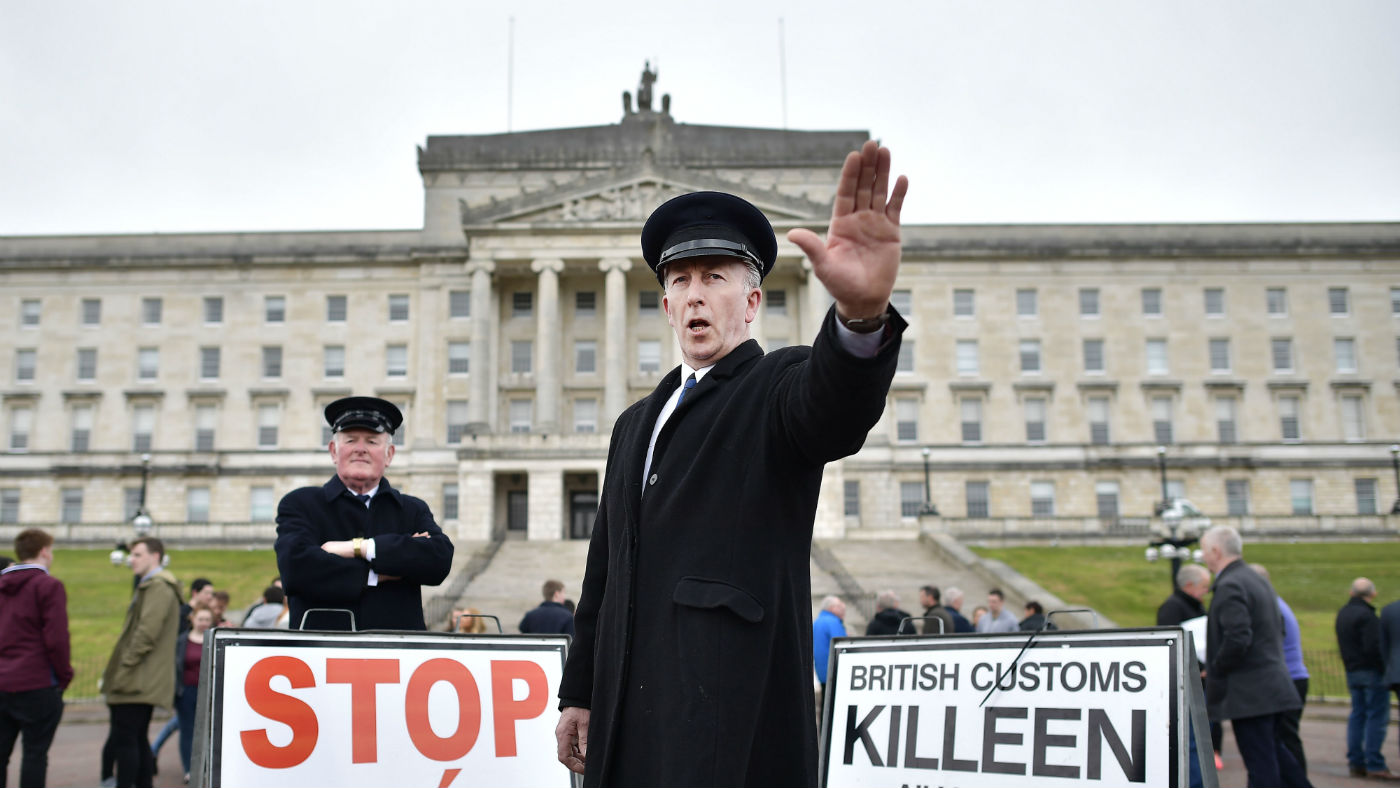 Instant Opinion: ‘It’s a fantasy that Brexit will lead to a United Ireland’
Instant Opinion: ‘It’s a fantasy that Brexit will lead to a United Ireland’In Depth Your guide to the best columns and commentary on Thursday 1 August


